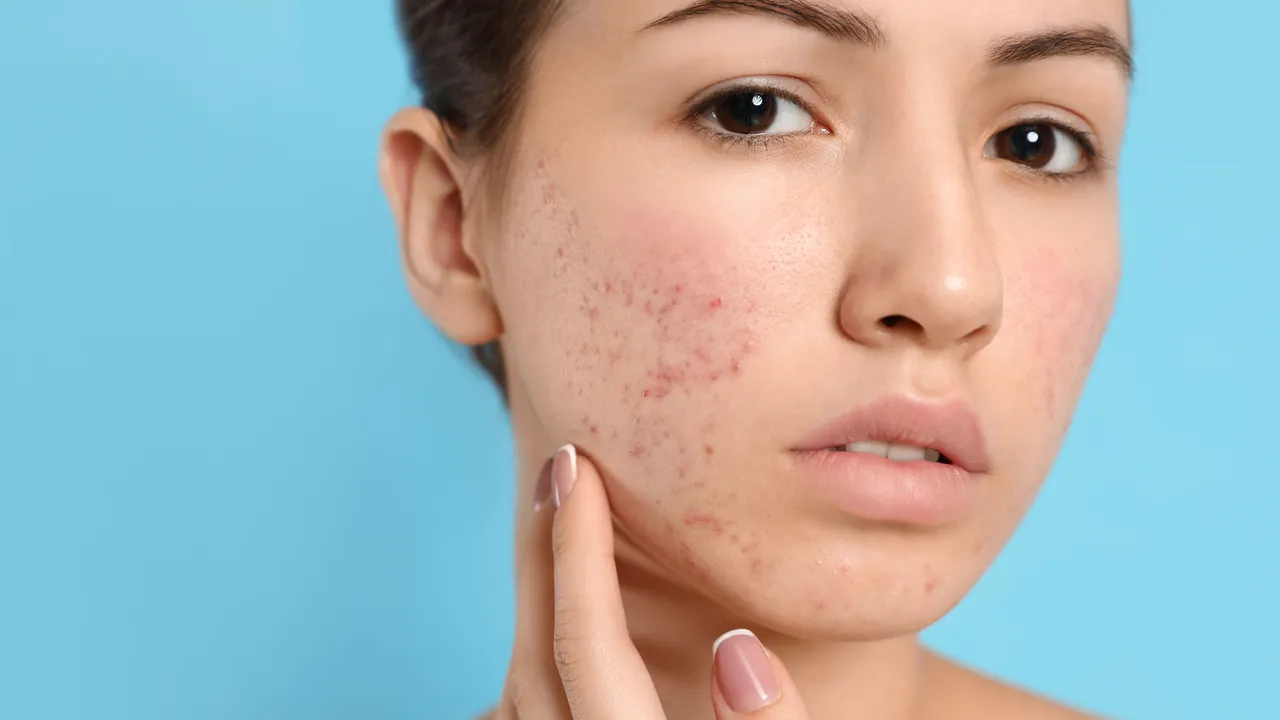Acne Treatment Pills: What Works and What to Watch For
Dealing with stubborn acne? Pills can help when creams don’t. This guide breaks down the main oral options, how fast they work, common side effects, and when to see a dermatologist. No jargon — just practical info so you can make smarter choices.
Common oral acne medications
Oral antibiotics (doxycycline, minocycline): often the first step for inflamed acne and cysts. They reduce bacteria and inflammation. Expect noticeable improvement in 6–12 weeks. Doctors usually limit use to a few months to avoid resistance. Side effects can include stomach upset, sun sensitivity, and, rarely, yeast infections.
Isotretinoin (Accutane): the strongest option for severe nodular acne or cases that fail other treatments. It can produce long-term remission but requires strict monitoring. Typical course is 4–6 months. Major risks: birth defects, mood changes for some people, and raised lipids or liver enzymes. Pregnancy prevention programs and monthly tests are mandatory for people who can get pregnant.
Spironolactone: a go-to for hormonally driven acne in adults, especially women. It blocks androgen effects that fuel acne. Results usually show after 2–3 months and improve over 4–6 months. Watch for low blood pressure or high potassium in rare cases; check with your doctor before drinking heavily, as alcohol can affect blood pressure and hydration.
Combined oral contraceptives (the pill): effective for many with acne linked to hormones. Several pill formulas are FDA-approved for acne. They take a few months to show full effect and also offer contraception, which is important if you’re avoiding pregnancy on other meds like isotretinoin.
Safety, monitoring and practical tips
Pick a treatment based on acne type, medical history, and lifestyle. For cystic or scarring acne, see a dermatologist fast — early isotretinoin or other aggressive therapy can prevent damage. For hormonal acne, discuss spironolactone or the pill. If you have PCOS or irregular periods, mention that — it changes the plan.
Labs and follow-up: isotretinoin needs pregnancy tests, lipid and liver checks. Spironolactone may need potassium and blood pressure checks. Antibiotics need fewer labs but require time limits to avoid resistance.
Combine pills with good skin care: use a gentle cleanser, daily sunscreen, and a proven topical retinoid if tolerated. Don’t expect overnight results—most pills need weeks to months. If you buy meds online, use a licensed pharmacy and keep your prescriptions up to date.
If your acne worsens, causes intense pain, or leaves deep scars, seek care quickly. A clear plan with a clinician will get you to the right pill and keep you safe while you heal.
Buy Tretiva Online: Affordable Acne Treatment Solutions
Hey there, fellow skincare enthusiasts! Are you on the lookout for an effective yet budget-friendly way to combat acne? Well, I've been scouring the web and stumbled upon a game-changer – Tretiva, an affordable acne treatment that's just a click away. I'm super excited to share how you can easily buy Tretiva online without breaking the bank. It’s like discovering a hidden treasure trove for all of us wanting clear skin without spending a fortune. Stay tuned as I dive into the ins and outs of getting your hands on this acne-fighting ally without the hassle.

